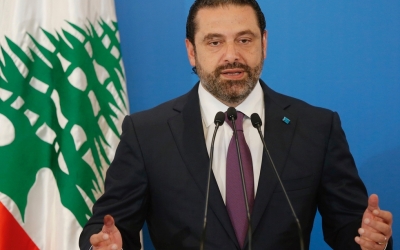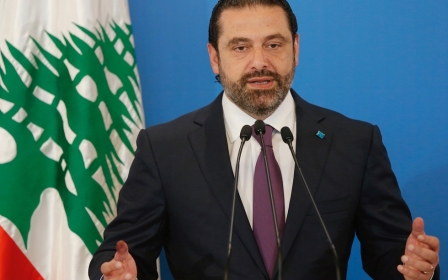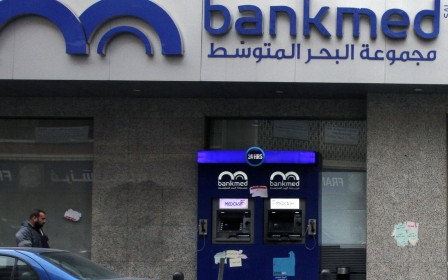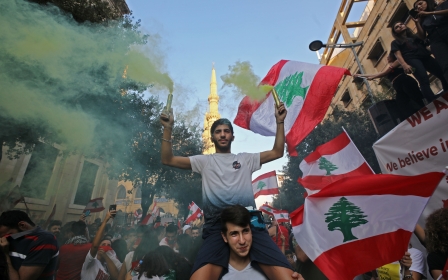Lebanon's Hariri re-emerges as PM candidate as Khatib withdraws
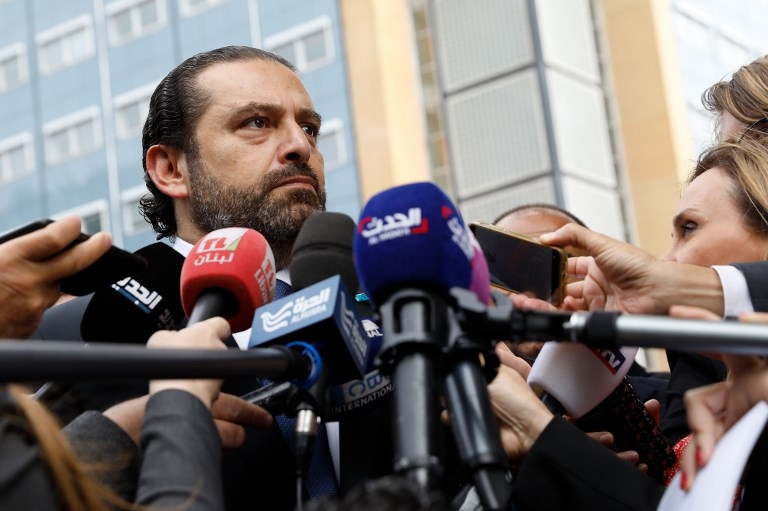
Lebanon's leading Sunni Muslim politician, Saad al-Hariri, re-emerged as a candidate for prime minister on Sunday when businessman Samir Khatib withdrew his candidacy to lead a government that must tackle an acute economic crisis.
President Michel Aoun responded by postponing until 16 December consultations with lawmakers that had been expected to result in Khatib being named prime minister on Monday.
The delay was requested by most parties in parliament, the presidency said.
Hariri quit as prime minister on 29 October, prompted by mass protests against an entire political class blamed for state corruption and steering Lebanon into the worst economic crisis since the 1975-90 civil war.
Under the country's power sharing system, the prime minister must be a Sunni Muslim.
Hariri has continued to govern in a caretaker capacity until a new prime minister is named.
Last month, Hariri officially withdrew his candidacy to be prime minister.
Khatib withdrawal
A consensus on Khatib appeared to form last week among the main parties, including Hariri.
But Khatib failed to win enough backing from the Sunni Muslim establishment for the position.
Grand Mufti Sheikh Abdul Latif Derian, Lebanon's most senior Sunni cleric, told Khatib during a meeting on Sunday that he backed Hariri, Khatib said after the meeting.
"I learnt... that as a result of meetings and consultations and contacts with the sons of the [Sunni] Islamic sect, agreement was reached on nominating Saad al-Hariri to form the coming government," Khatib said.
Khatib later went to see Hariri at his Beirut residence where he announced the withdrawal of his candidacy.
There was no immediate statement from Hariri.
Government of specialist ministers
In recent days, in his role as caretaker prime minister, Hariri appealed to friendly foreign states to help Lebanon secure credit lines for essential imports as the country grapples with a hard currency shortage.
He has said he would return as prime minister only if he could lead a government of specialist ministers, which he believes would satisfy protesters and be best placed to deal with the economic crisis and attract foreign aid.
But this demand has been rejected by groups including Hezbollah and its ally Aoun, a Maronite Christian.
Both say the government must include politicians.
Middle East Eye delivers independent and unrivalled coverage and analysis of the Middle East, North Africa and beyond. To learn more about republishing this content and the associated fees, please fill out this form. More about MEE can be found here.


